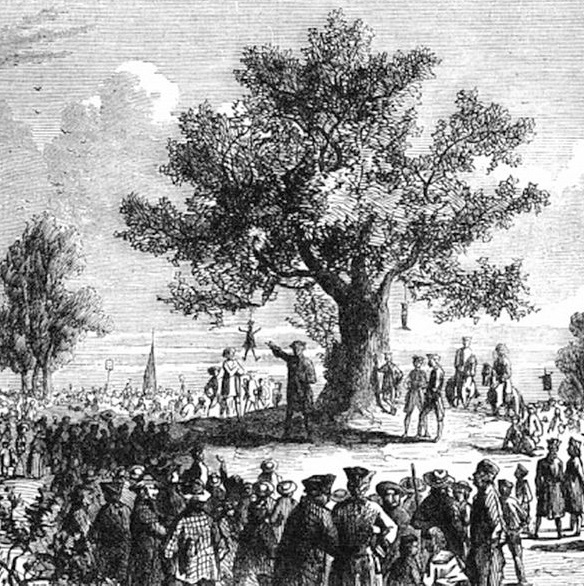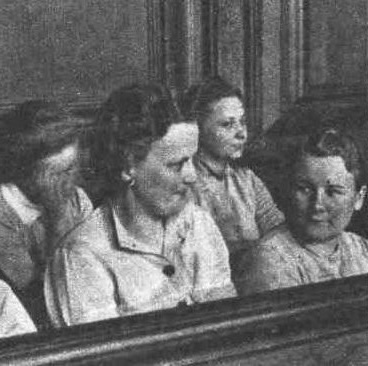
Book review: All The President’s Men
Book review:
All The President’s Men
by Carl Bernstein and Bob Woodward
Simon and Schuster, New York, 1974
This is a story about dogged investigative journalism and about the workings of political power and about the nature of the men and women who crave and hold onto such power.
No spoiler alerts are needed. Everyone knows how the story turns out. Woodward and Bernstein didn’t know how the story would turn out. They wrote the book before the historic impeachment proceedings motivated President Nixon to resign.
Their account is riveting by virtue of its subject and the dramatic impact of the Watergate burglary on the nation. It is not a great literary work. Bernstein and Woodward were journalists, not novelists or historians. All The President’s Men all too obviously reflects the writing skills of two journeymen newspaper reporters. It is stupefyingly chronological, all terse and nothing but terse.
If you didn’t live through Watergate and you care about being sincerely informed about the history of America, by all means read this book.
It’s a one-of-a-kind story, alright, but I don’t think your kids are going to ask you to read it to them twice.
* * * * * *
Book review. Copyright © Richard Carl Subber 2017 All rights reserved.
Writing Rainbows: Poems for Grown-Ups with 59 free verse and haiku poems,
and the rest of my poetry books are for sale on Amazon (paperback and Kindle)
and free in Kindle Unlimited, search Amazon for “Richard Carl Subber”
-
A Splendid Exchange:
How Trade Shaped the World (book review)
William Bernstein forgets the inequality bit…
click here
* * * * * *



